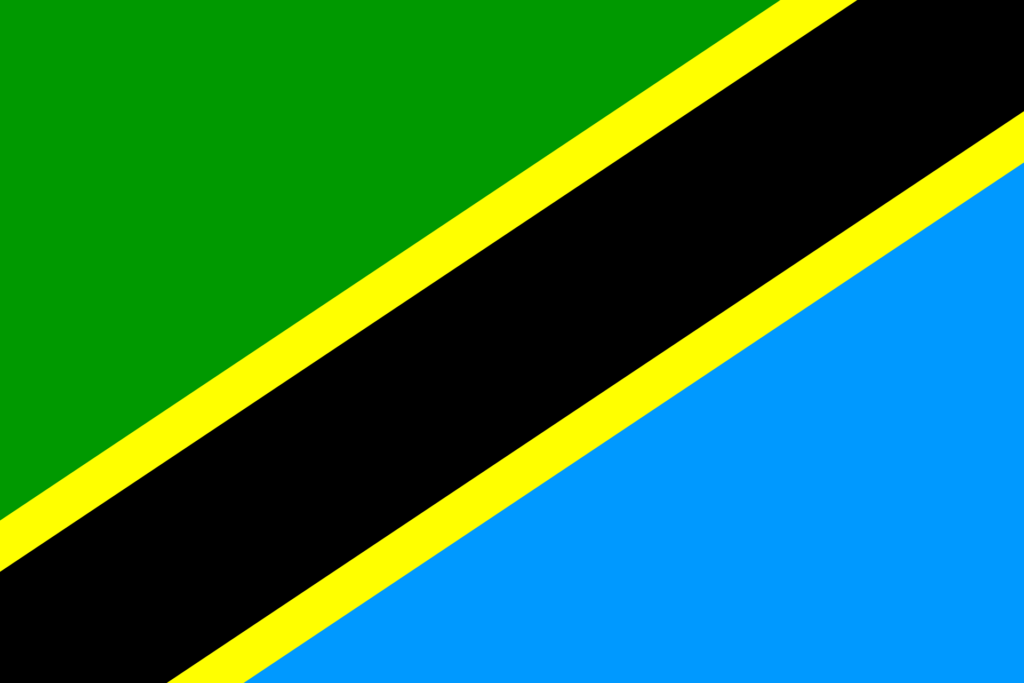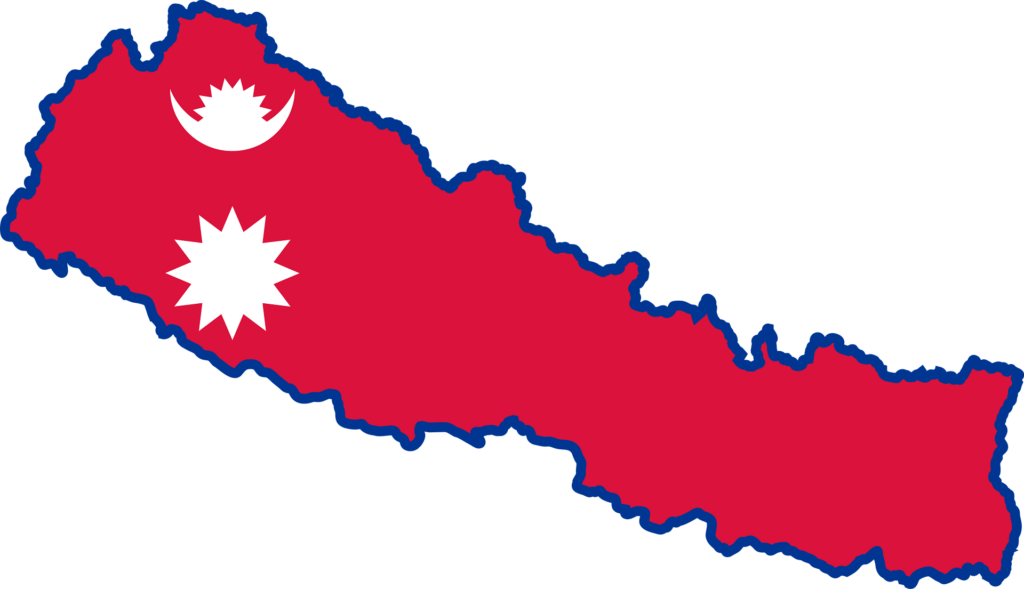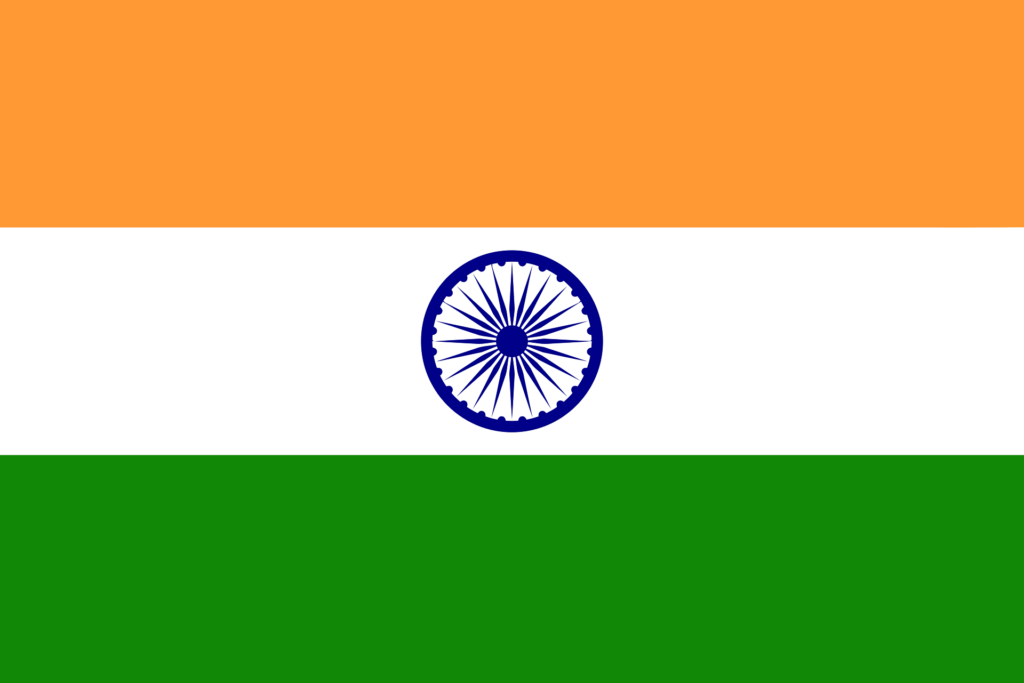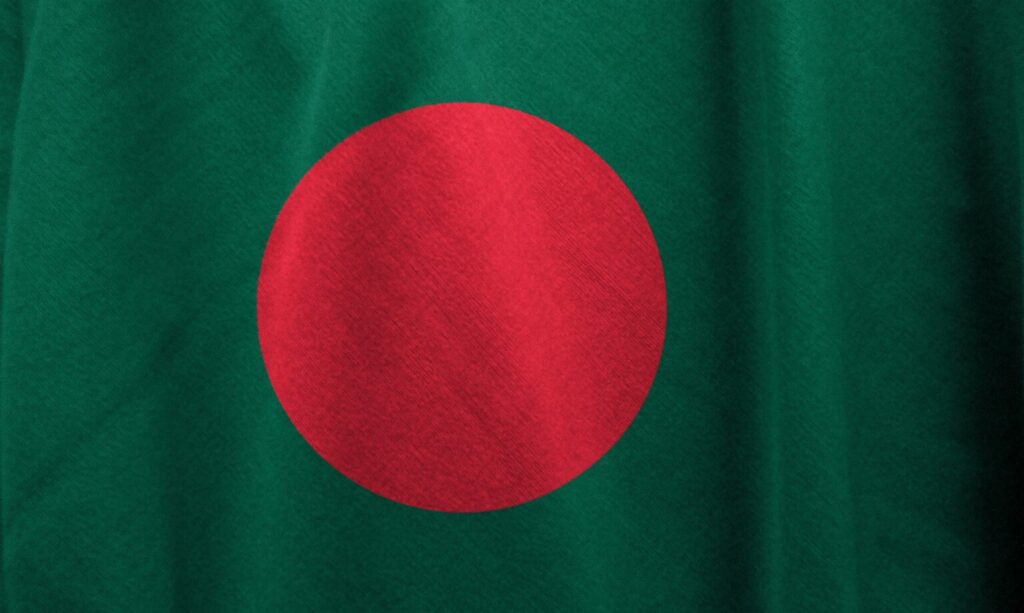NEWS FROM THE WORLD
Tanzania’s Government is Pushing Indigenous Maasai People out of Their Historic Territory

On July 31, Human Rights Watch (HRW) critically highlighted the Tanzanian government’s plan to resettle indigenous Maasai people without their consent. Three years ago, the government set out to resettle 82,000 Maasai from their historic territory, the Ngorongoro Conservation Area (NCA). According to government plans, the resettlement is to be implemented by 2027, with the possibility of compensation in the form of a family dwelling with land in the Msomera village for those who choose to voluntarily and permanently leave the NCA area. However, the interviews by HRW with affected persons revealed that resettlement was not preceded by free, prior and informed consent. Subsequently, HRW pointed out that forced displacement violates international human rights frameworks.
Humanitarian Organisations Highlight Flaws in Nepal’s New Transitional Justice Law

On August 14, the lower house of Nepal’s parliament passed the long-awaited Transitional Justice Bill. This law is supposed to respond to the human rights abuses that took place during the decade-long armed conflict between the then royal government and former communist rebels. This follows a key commitment in the 2006 Comprehensive Peace Agreement (CPA) between the so-called Seven Party Alliance (SPA) and the Maoists (UCPN). A previous attempt to pass a similar law allowing amnesties for serious ingredients was ruled unconstitutional and in violation of Nepal’s international human rights obligations by Nepal’s Supreme Court in 2015. In the wake of the adoption of the new transitional justice law, Amnesty International, Human Rights Watch and the International Commission of Jurists have highlighted its shortcomings.
Joint Statement by Human Rights Organisations: European Union Should Respond to Human Rights Abuses in India

On August 19, 5 human rights organisations issued a joint statement recommending that the European Union (EU) crack down on human rights violations in India. They did so a day before the annual EU-India Human Rights Dialogue. The organisations agreed that the EU should use this platform to address, among other human rights violations, structural discrimination, the limited right to freedom of expression and the limited right to peaceful assembly to the Indian government. The organisations that signed the joint statement were Amnesty International, Christian Solidarity Worldwide (CSW), Front Line Defenders, Human Rights Watch and the World Organisation against Torture (OMCT).
Relay Protest Against the Activities of the Ministry of Culture

On August 19, the civil society platform Otvorená kultúra! (OK!) launched a relay protest called Slovak Cultural Uprising. Its aim was to express the ongoing disagreement with the actions of the Minister of Culture Martina Šimkovičová. It was a follow-up to the rally on 12 August, during which OK! publicly rejected the actions of the Ministry of Culture towards the Slovak cultural community. Moreover, OK! raised a list of demands, supported by over 100 cultural organisations from all over Slovakia. Among the demands were the recall of the Minister of Culture and the Secretary General of the Service Office of the Ministry of Culture, and a call for a solution to the precarious working conditions of the cultural community. The protest took place in front of the Ministry of Culture, and its relay format was open to the general public after registration. The protest followed the slogan of the Slovak National Uprising (SNP) “Begin with eviction”, ending symbolically on the anniversary of the SNP on 29 August.
Commission to Investigate Enforced Disappearances in Bangladesh

On August 27, the Bangladesh government set up a commission of inquiry to identify and locate persons facing enforced disappearance. In early August, following the resignation of former Prime Minister Sheikh Hasina, at least three persons who had been officially registered as disappeared were released from secret prisons. Namely, they were Michael Chakma, Abdullahil Aman Azmi and Ahman Bin Quasem. According to the NGO Odhikar, at least 708 persons faced enforced disappearance in Bangladesh between 2009 and June 2024. The five-member commission of inquiry set up, headed by former Bangladesh High Court judge Moyeenul Islam Chowdhury, aims to produce a report within 45 working days on enforced disappearances between 1 January 2009 and June 2024. Amnesty International South Asia welcomes this step and recalls the International Convention for the Protection of All Persons from Enforced Disappearance
Title image: https://pixabay.com/illustrations/continents-binary-zero-one-www-1435336/

